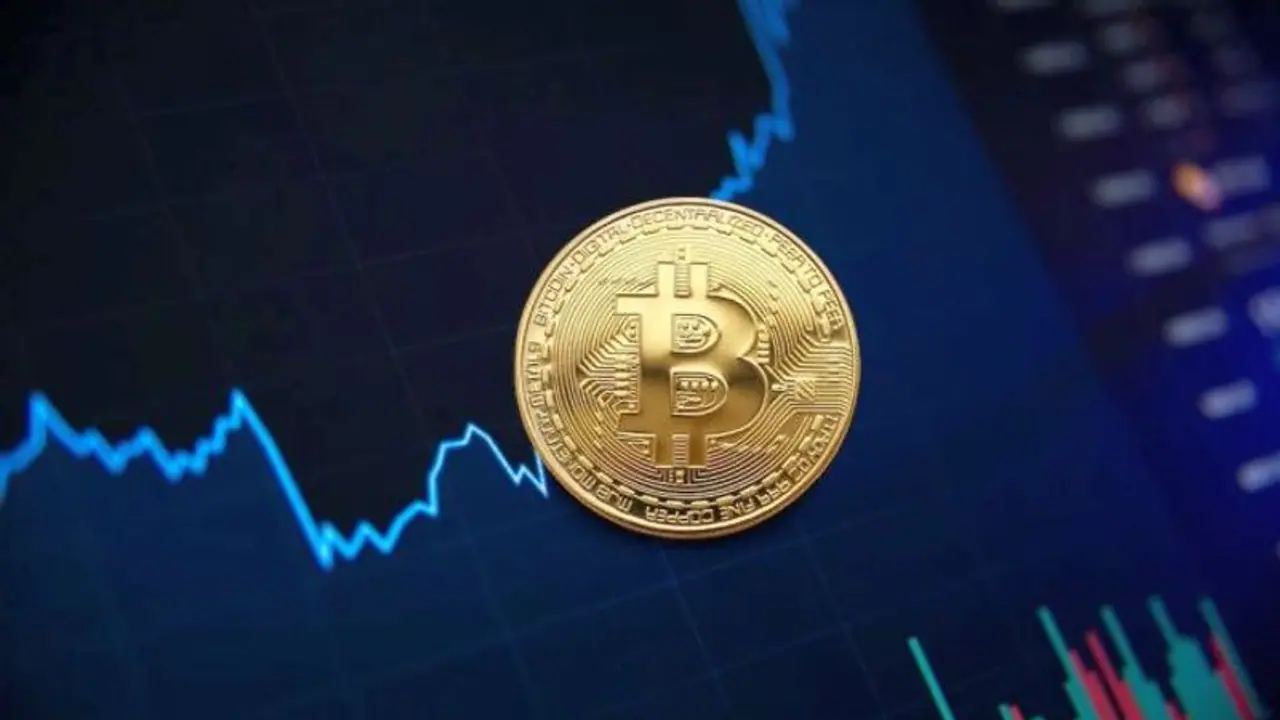A joint statement released by the US Federal Reserve, US Office of the Comptroller of the Currency (OCC) and the US Federal Deposit Insurance Corporation (FDIC) highlighted several key risks associated with crypto-assets and crypto-asset sector participants that banking organizations should be aware of.
Holding or issuing crypto is likely inconsistent with safe banking practices and is fraught with risks, banks have been warned. Underlining that there is significant volatility and the exposure of vulnerabilities in the crypto-asset sector, a joint statement released by the US Federal Reserve, US Office of the Comptroller of the Currency (OCC) and the US Federal Deposit Insurance Corporation (FDIC) highlights a number of key risks associated with crypto-assets and crypto-asset sector participants that banking organizations should be aware of.

These include:
* Risk of scams and fraud among crypto-asset sector participants.
* Legal uncertainties related to redemptions, custody practices and ownership rights, some of which are currently the subject of legal processes and proceedings.
* Misleading or inaccurate disclosures by crypto-asset companies, including misrepresentations regarding federal deposit insurance and other practices that may be deceptive, unfair or abusive, contributing to significant harm to retail and institutional investors, customers, and other stakeholders.
* The effects of significant volatility in crypto-asset markets include potential impacts on deposit flows associated with crypto-asset companies.
* Susceptibility of stablecoins to run the risk creates potential deposit outflows for banking organizations holding stablecoin reserves.
* Contagion risk within the crypto-asset sector resulting from interconnections among certain crypto-asset participants, including through opaque lending, investing, funding, service, and operational arrangements. Banking organizations with exposures to the crypto-asset sector may face concentration risks due to these interconnections.
* Risk management and governance practices in the crypto-asset sector exhibit a lack of maturity and robustness.
* Heightened risks associated with open, public, and/or decentralized networks, or similar systems, including, but not limited to, the lack of governance mechanisms establishing oversight of the system; the absence of contracts or standards to clearly establish roles, responsibilities, and liabilities; and vulnerabilities related to cyber-attacks, outages, lost or trapped assets, and illicit finance.
Also Read: Indian economy poised for further growth in 2023; Here's how
Also Read: 2023 to be tougher year for global economy, warns IMF Chief Kristaline Georgieva
